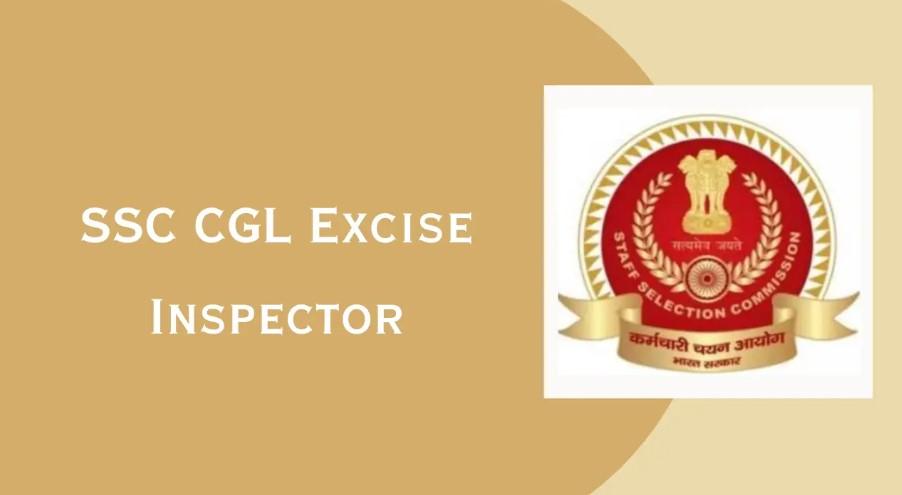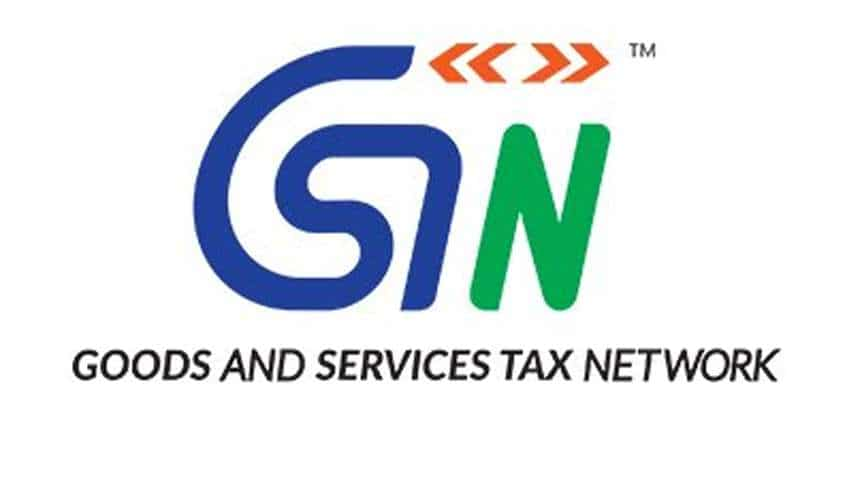“Free supplies”, incorporated into construction (cement or steel for instance), even on an extravagant inference, would not constitute a non-monetary consideration remitted by the service recipient to the service provider for providing a service, particularly since no part of the goods and materials so supplied accrues to or is retained by the service provider. – CESTAT, Delhi
In its recent conflict resolving judgement between earlier contrary judgements of Division bench in case of Cemex Engineers vs. CST, Cochin (Tri. Bang) and Jaihind Projects Ltd. vs. CST, Ahmedabad (Tri. Ahmd.) the larger bench in case of M/s Bhayana Builders (P) Ltd. & Others v. CST, Delhi & Others has held that free supplies provided by service recipient to service provider for use in provision of service shall not be considered in the ambit of gross amount charged as contained in notification 15/2004 including the explanation thereto as introduced by Notification No. 4/2005-ST.

The judgement has come as major breather for the assessees who claimed the benefit of Notification 15/2004 which governed the abatement code in respect of taxable service provided by a commercial concern to any person in relation to construction service subject to the conditions as detailed therein.
Explanation to 15/2004 was inserted vide Notification 4/2005-ST dated 01.03.2005 – For the purposes of this notification, the “gross amount charged” shall include the value of goods and materials supplied or provided or used by the provider of the construction service for providing such service. In brief, it was contended by the revenue that expression ‘used’ as contained in explanation shall include the free supplies received by service provider from service recipient and thus shall become the part of value of services for service tax purpose.
On the above, Hon’ble CESTAT has observed that :-
- The expression “used” in the ‘Explanation’ to Notification No.15/2004-ST is the problematic. It is
preceded by two other expressions “supply” and “provided”, the three expressions interspersed by the disjunctive “or”. The expression “used” would bear a particular meaning on its literal construction but becomes plurilisignative in the society of the two other expressions. This potential for multiple meanings of the expression ‘used’, has triggered the forensic effort of assessees’ counsel, inviting us to apply the noscitur principle.
- Elaborating on the noscitur principle it is contended that the expression “used” in the Explanation to Notification No. 15/2004-ST (to explain the meaning of “gross amount charged”, an expression in the preamble to the Notification), cannot be construed, in so far as language permits, as be inconsistent with the meaning of the expression “gross amount charged” in the preamble to the Notification. In substance, the contention is that the Notification exempts service tax to the extent of the tax leviable on 67% of the “gross amount charged”, in relation to construction service; Section 67 (a provision dealing with valuation of taxable services for charging tax) enacts that the value of any taxable service shall be the “gross amount charged”; and “gross amount charged” under Section 67 would not include the value of free supplies.
- Etymologically the words supplied and provided are closely associated words. Provided also means to supply; furnish. Supply bears a similar connotation. The word used is structurally associated (in the Explanation) with the earlier two words and the three words are employed to define the meaning of the expression gross amount charged, an expression that occurs in the preamble to Notification No. 15/2004-ST.
- Noscitur principle could be gainfully employed to identify the legal meaning of the word used from several grammatical/ literal meanings of the said word, by employing the associational context.
In another very important aspect of judgement that Hon’ble CESTAT by relying on CIT, Bangalore vs. B.C. Srinivasa Setty where it held that
“The character of the computation provisions in each case bears a relationship to the nature of the charge. Thus the charging section and the computation provisions tougher constitute an integrated code. When there is a case to which the computation provisions cannot apply at all, it is evident that such a case was not intended to fall within the charging section”
based on above principle enunciated in Srinivasa Setty it is held that since the value of free supplies is incapable of computation (since no principle of computation of free supplies is indicated and the provisions of Section 67(1) (iii) would not apply as free supplies would not fall within Section 67), the computation provision fails and consequently this restriction on the availability of the benefits of exemption under the said Notification would nugatory.
Though the Hon’ble CESTAT in above case has restricted to decide on the only matter whether the free supplies constitutes the valid component of Gross amount charged as contained in the notification 15/2004-ST r.w. Section 67 this judgement shall pre-cede other aspects of litigation including legislative competence of current valuation rules which considers explicit inclusion of value of free supplies by service recipient for the purpose of computing service tax.
About the Author:
CA Ankit Gulgulia
Author is Practicing Chartered Accountant in New Delhi/NCR and specialising in Indirect Taxes, Corporate Laws and Transfer Pricing. He can be reached at ankitgulgulia@gmail.com / +91-9811653975
DISCLAIMER: This article is provided purely for your information only and you should check other information sources before taking any action based on any of the content in this article. Neither the authors nor website hosting the article make any warranty as to the quality or currency of the information contained in any of the site’s articles.
Readers are advised to consult the professional for understanding applicability of this article as a matter of jurisprudence. While due care has been taken in preparing this document, the existence of mistakes and omissions herein is not ruled out. No part of this document should be distributed or copied (except for personal, non-commercial use) without our written permission.
Note : As a part of Our Quality Policy , We Don’t Publish any Restricted Material on our Website . If you have issues kindly let us know here
Related Tags CA Ankit Gulgulia, CESTAT, Indirect Taxes, Servicetax

















